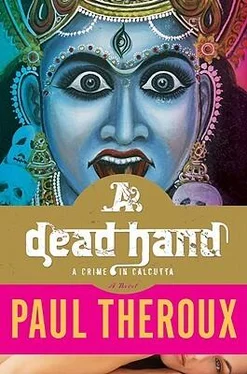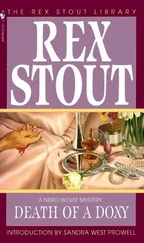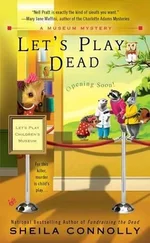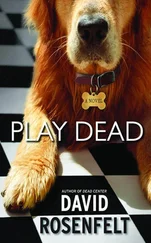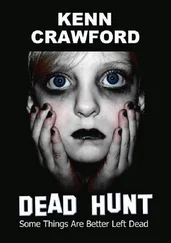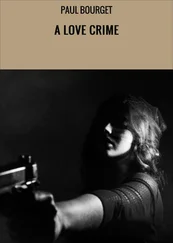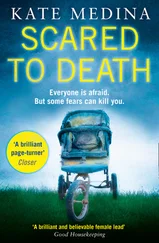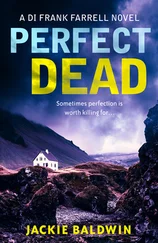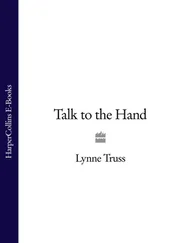I now knew that Mrs. Unger was uneasy on the street, yet she didn't betray it; she didn't look at anyone in the crowd. Her gaze was lifted to the gold bulge on the top of the Kali temple roof while she held my hand. And that was something else I knew: she needed me.
If you had money in India, I was thinking again, you never had to wait. Some people like Mrs. Unger never waited, while others did nothing but wait to be summoned, to open a door; many obeyed without a command, acting when the person with money or power appeared, as though these underlings operated from a motion sensor.
I must not forget that, I thought; if I take this attention for granted, I'll be like the money people, presumptuous and priggish. In this respect Mrs. Unger was like the rest of them, expecting to be waited on, impatient when there was a delay. But at least she had the grace not to comment on it. She said nothing to me, but I could tell from the way she held herself that she was mentally drumming her fingers — beautiful fingers. It seems to be a feature of impatience that a person cannot speak, or at least hold an animated conversation, while she is waiting in this way — too preoccupied by the suspense and annoyance to hold or express a complete thought, and seemingly deafened by annoyance too.
This, and her fear of the mob, made Mrs. Unger human to me. I welcomed her lapses. I needed to be reassured that she wasn't perfect because usually — and especially when I was away from her — I felt she was faultless. Her apparent perfection intimidated me and reminded me of my weakness.
In the car, she said, "We're crossing the river. You've been over there, of course."
"To Howrah. To the Botanical Gardens."
"Howrah's cleaner these days, but the gardens are a mess — terribly neglected. Luckily those trees don't need much attention, but it's turning into a jungle. Please let me finish" — I had started to speak—"we'll be going past it. This is the Vidyasagar Bridge."
We had gone up the ramp and around the high curve to the first span. Looking back, I could see Eden Gardens and the sports stadium; looking forward, the misleading green on the far bank of the river — misleading because it hid another crowded bustee, crammed with hovels and old shophouses.
"It's amazing. You drive and drive in India and you expect to see the countryside at some point. But no, it's just more city, the great sprawl of India, the bloated village."
Mrs. Unger shook her head at my saying this. "I try not to see crowds anymore. I look for individuals who need help." She touched the bloodstain on her hem; it had dried to thin flakes which she brushed off. "If you look closely at India's human features it's not so frightening."
I considered this assertion and thought the opposite. If you looked closely at India's human features, the country was far more frightening. The starved eyes, the yellow teeth, people's bones showing through their skin, dusty feet in plastic sandals, the urgency in their postures, always contending. But Mrs. Unger spoke with authority, and she knew more than I did. I saw doomed people where she saw life and hope, because I was doing nothing and she was bringing help.
She was calm in the car, although the traffic was so heavy again we hardly moved once we were off the bridge.
"Where are we?"
"Blockages," Balraj said. "Shibpur."
Mrs. Unger said nothing, just shifted in her seat and peered ahead without any discernible emotion. After a while, inching forward, we saw the cause of the holdup, a dead cow in the road, like something lightly upholstered, an old piece of bony furniture that had collapsed and lay broken, a single line of traffic detouring around it. A policeman blew his shrill whistle, managing the counterflow, jerking his arms in semaphore.
"Shame," Balraj said, glancing at the carcass, hipbones and ribs and splayed-out legs, the dead animal looking as if it had dropped from the sky and flattened on impact.
Mrs. Unger gave no directions. Balraj knew where he was going. Soon he turned off the road and toward a large stucco wall with a rusted pair of iron gates eight feet high that blocked the sight of whatever lay within.
The car hardly slowed down as a man in khaki stepped from his sentry box and went to the gate, shot the big bolt, and pushed it open, first the left door, then the right, another example of someone in India whose job it was to watch and wait — hours, days — for the moment when the sahib arrived.
We entered a park-like compound on a gravel drive, passing shade trees and small flower beds where gardeners knelt and yanked at weeds. In the distance, at the head of the drive, I saw several large tile-roofed buildings. I expected to see students. The gardens and the size of the buildings and the serenity gave the impression of a small college campus. Yet apart from the gardeners and some other groundskeepers there was no one in sight.
"It's another world," I said, thinking of the traffic and the hovels outside the wall.
"These are my warehouses and godowns," Mrs. Unger said, but she wasn't looking at them. She was facing ahead where a white van was parked in front of a one-story building, a little schoolhouse that looked as if it might hold a set of classrooms.
After we parked and were walking past the first warehouse, I saw that the big front door was open, a long-bodied truck backed up to a loading dock.
"So it really is a warehouse."
"Export merchandise. No point in looking at it. It's all packed and ready to be shipped." She was still walking toward the smaller building. "That's for the American market. My shops, mainly. But I supply high-end retailers too."
"It's a big operation," I said, hoping she'd tell me more.
"This is only a corner of it. I have factories in other places. Most of what I make would be too expensive to manufacture in Calcutta. I don't have the space here."
I smiled as Mrs. Unger revealed her practical side, speaking of outsourcing and overhead and infrastructure and cost-per-unit yield. The woman I had seen as single-mindedly spiritual, advocating Ayurvedic cures and whole foods, who had spent hours in the deep interior of her Lodge in (I supposed) Alipore, massaging me, making me hers, was also a shrewd businesswoman, brisk with facts.
More gardeners knelt at the flower beds near the smaller building, grubbing with skinny fingers around the clumps of pink and purple impatiens. They greeted Mrs. Unger respectfully and settled lower, averting their eyes, as though abasing themselves, letting her pass.
Another man in khaki stood at the door to the one-story building, someone else to anticipate our approach and snatch the door open. So it happened: Mrs. Unger didn't break her stride, the door was swung open, and in we went.
"You're late."
It was Charlie. He kissed her — a bit too warmly, perhaps as a way of defying me. He was dressed Indian-style in a long white kurta smock, tight white trousers, black slippers.
"Traffic," she said. "And we stopped for a puja."
Charlie said, "You're bloodstained as usual."
"Where are they?" she asked, stepping past him.
"Right through here. It's the best we could do."
Charlie did not acknowledge me. Had he been busy, I might not have minded. I knew what it was like to be preoccupied. But he was standing in his handsome self-satisfied posture — the Indian clothes made him seem more confident — as if modeling, and without looking at me. Turning aside, he ignored me with such abruptness I knew it had to be deliberate.
"This is a lovely old building," I said, making a remark just to see whether he'd respond.
He didn't, and both their backs were turned now, mother and son. I stood alone, gaping, and because he had snubbed me I felt conspicuous for having said something so banal.
Читать дальше
